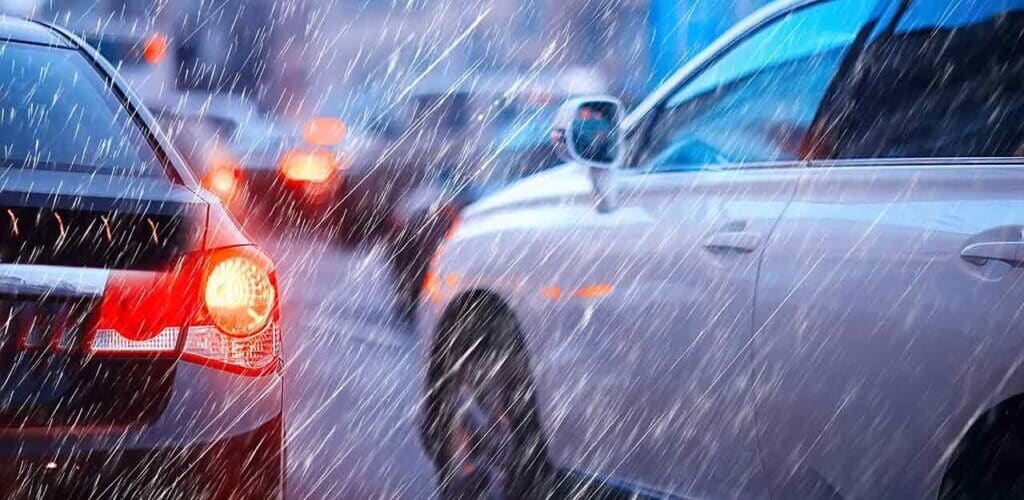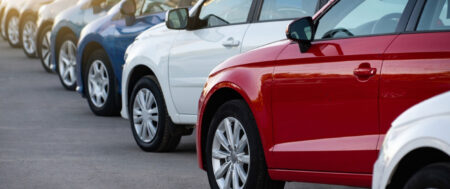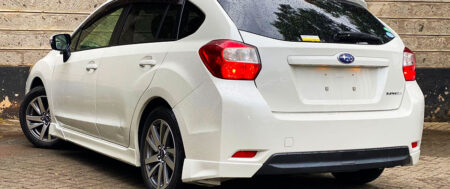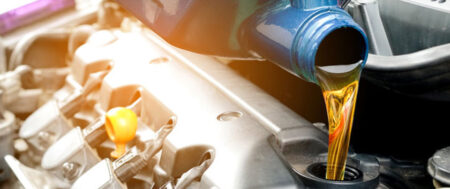Are you looking for ways to maintain your car during the rainy season in Kenya? Worry no more! As Kenya braces for the rainy season, keeping your car in top shape becomes even more important. The downpours, increased humidity, and potential for flooding can wreak havoc on your vehicle if you’re not prepared.
Here at House of Cars, the leading car dealership in Nairobi, Kenya, we want to ensure your car tackles the wet weather with ease. This comprehensive guide provides essential car maintenance tips for the rainy season, so you can navigate the roads safely and confidently.
Rainy Season Car Care: A Proactive Approach
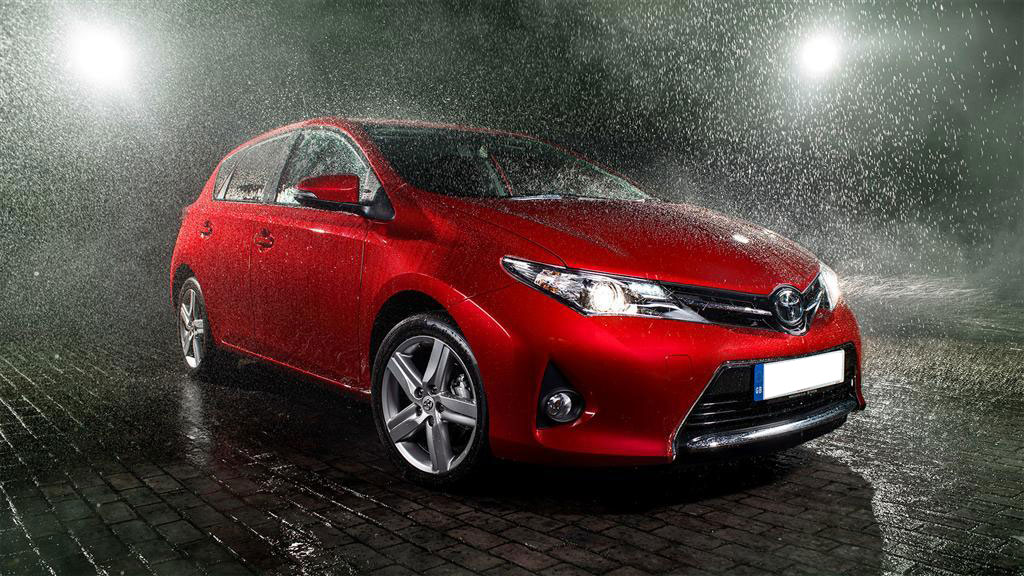
The key to protecting your car during the rainy season lies in proactive maintenance. By addressing potential issues before they arise, you can prevent costly repairs and breakdowns. Here’s a breakdown of key areas to focus on:
- Essential Car Care Tips for Rainy Weather:
- Protecting Your Car’s Paint: Regular washing and waxing protects your car’s paint from water spots and dirt accumulation. Waxing creates a barrier that repels water and makes it easier to remove grime.
- Keeping Your Car Clean: Maintaining a clean car goes beyond the exterior. Regularly vacuum the interior to prevent mold and mildew growth due to increased humidity.
Rainy Season Tire Maintenance:
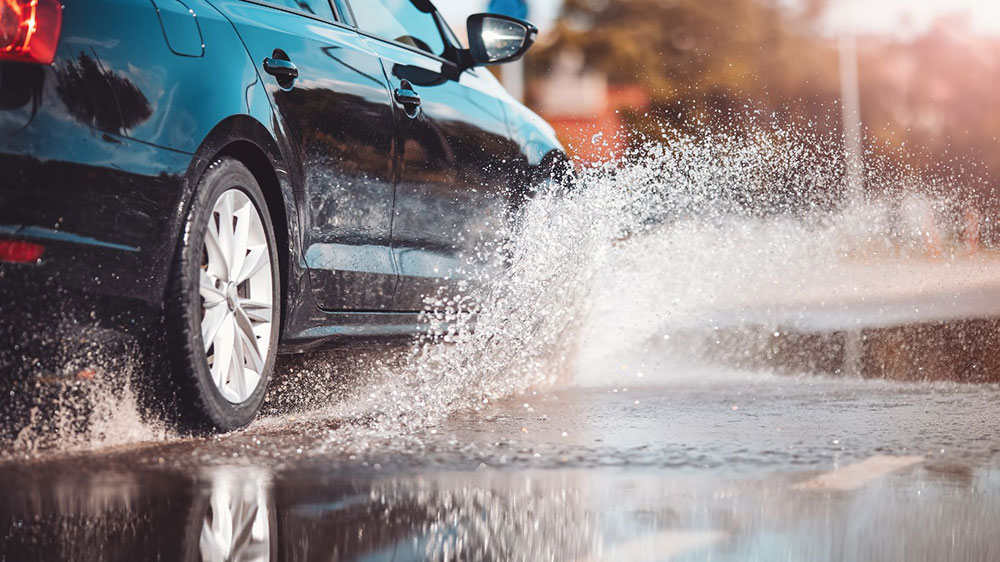
Tires are your car’s only point of contact with the road, and their condition is paramount during the rainy season. Here’s what to check:
- Tread Depth: Ensure your tires have sufficient tread depth to channel water effectively and maintain traction on wet roads. The legal minimum tread depth in Kenya is 1.6mm; however, it’s advisable to replace tires when the tread reaches 3mm for optimal safety.
- Tire Pressure: Regularly check and adjust your tire pressure according to the manufacturer’s recommendations. Underinflated tires can lead to hydroplaning, a dangerous situation where your car loses traction on a layer of water.
Windshield Wiper Maintenance for the Rainy Season:
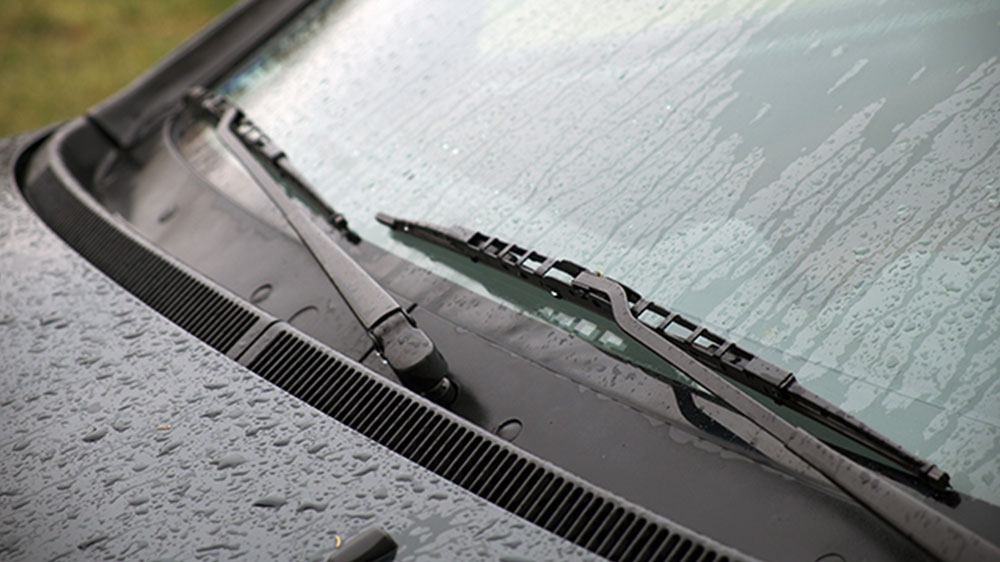
Effective visibility is crucial during heavy rain. Here’s how to ensure your wipers perform optimally:
- Wiper Blade Inspection: Check your wiper blades for cracks, tears, or worn-out rubber. Replace them if they show any signs of damage to ensure they effectively clear rain and debris from your windshield.
- Wiper Fluid Top-Up: Maintain a full reservoir of windshield wiper fluid. Consider using a good quality washer fluid with a rain repellent additive for improved visibility during downpours.
Preventing Hydroplaning in the Rainy Season:
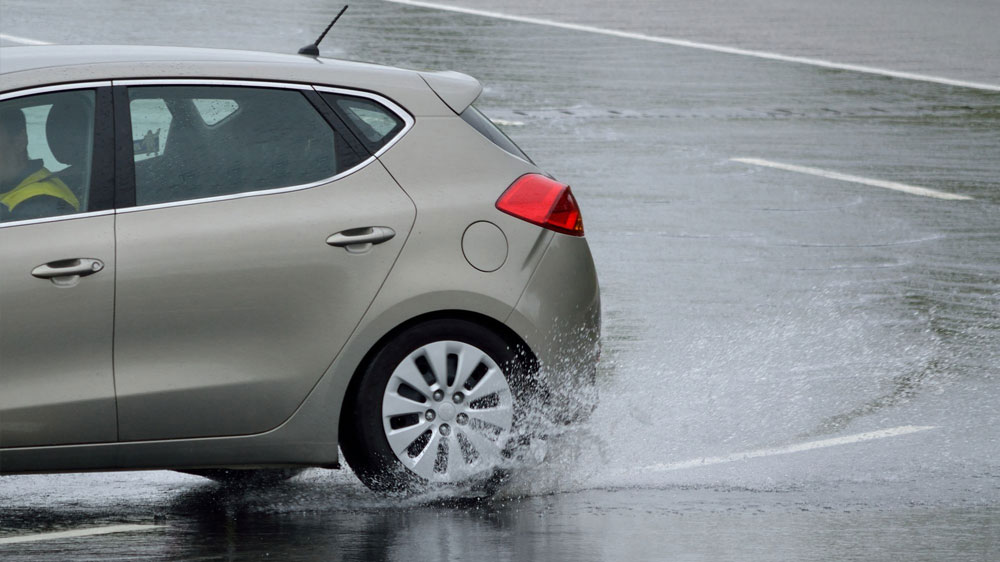
Hydroplaning can be a terrifying experience. Here’s how to minimize the risk:
- Reduce Speed: The faster you drive, the higher the risk of hydroplaning. Adjust your speed according to the road conditions, especially during heavy rain.
- Maintain a Safe Following Distance: Increase the distance between your car and the vehicle ahead to allow for more reaction time in case of hydroplaning.
- Avoid Puddles and Standing Water: As much as possible, steer clear of large puddles and flooded areas.
Rainy Season Car Interior Care:
Don’t neglect your car’s interior during the rainy season:
- Moisture Control: Use moisture-absorbing mats and seat covers to prevent water damage and mold growth. Regularly remove and dry damp floor mats to prevent musty odors.
- Air Circulation: Maintain good air circulation within the car by using the air conditioning system with the dehumidifier function turned on. This helps prevent condensation and mold growth.
Preventing Water Damage to Your Car:
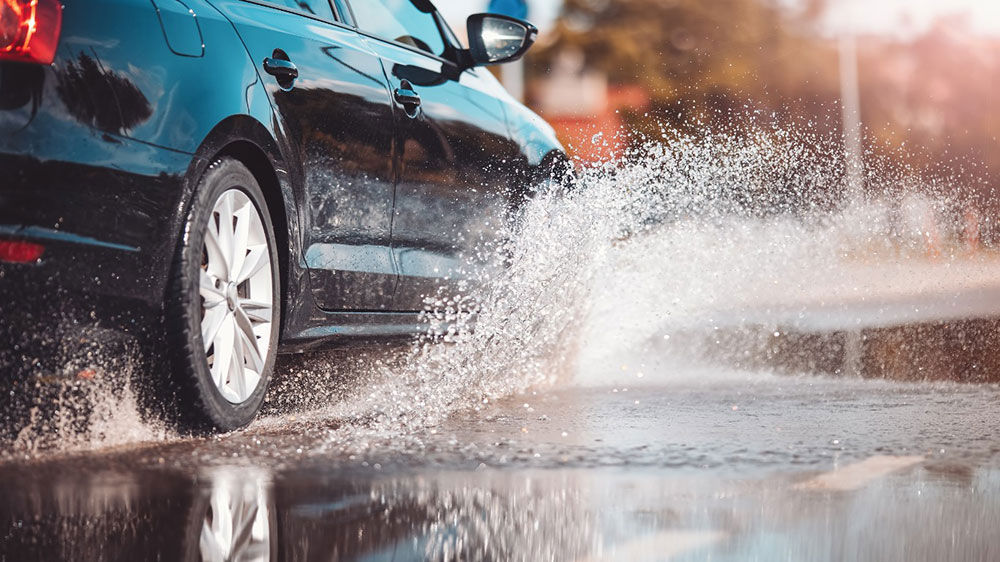
Water damage can pose a significant threat to your car’s electrical system and interior. Here’s how to prevent it:
- Check Door Seals: Inspect the rubber seals around your car doors and windows for cracks or tears. Worn-out seals can allow water to leak into the car’s interior.
- Gutter Management: Park your car away from overflowing gutters or drainage areas to minimize the risk of water ingress.
Importance of Regular Car Inspections in the Rainy Season:
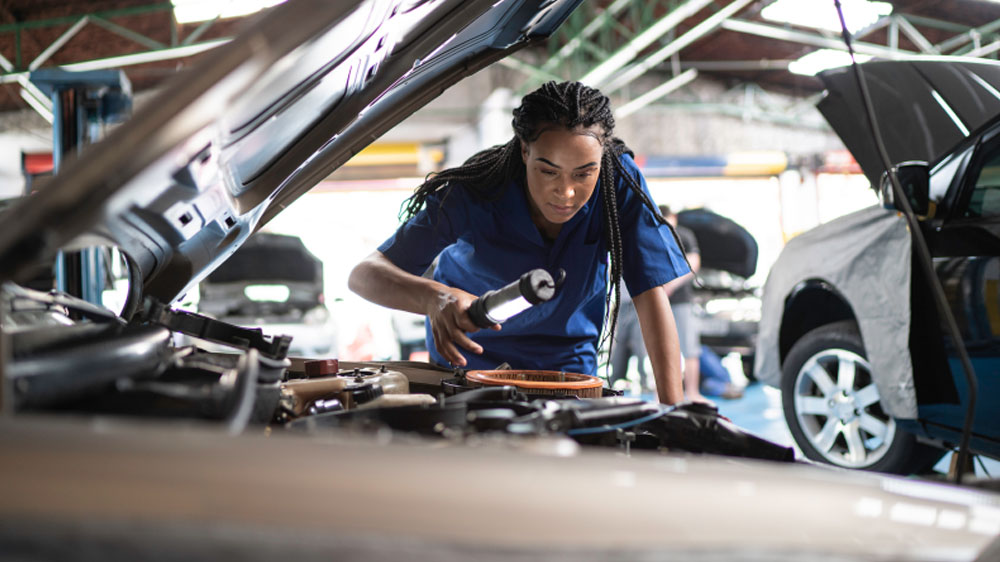
Schedule a professional inspection of your car before the rainy season begins. A mechanic can identify potential problems with the brakes, battery, electrical system, and other vital components that could be exacerbated by wet weather.
Rainy Season Car Battery Care:
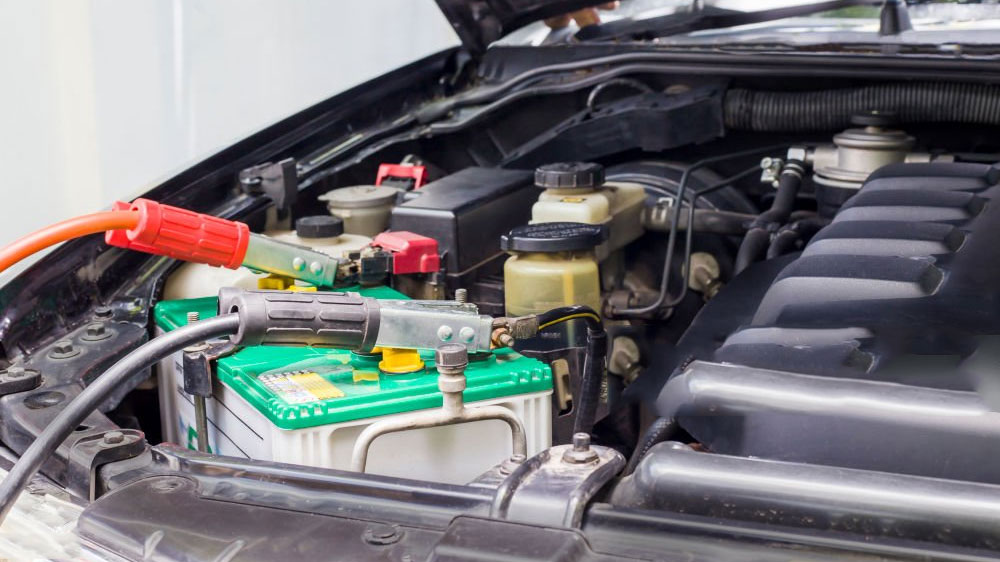
A healthy battery is essential for starting your car, especially during the rainy season. Here’s what to do:
- Battery Check: Have your car battery’s health checked by a professional. A weak battery is more likely to fail during cold starts associated with the rainy season.
- Clean Terminals: Clean the battery terminals and cable connections to ensure a good electrical connection. Corrosion on the terminals can hinder proper battery function.
Protecting Your Car’s Electrical System from Water Damage:
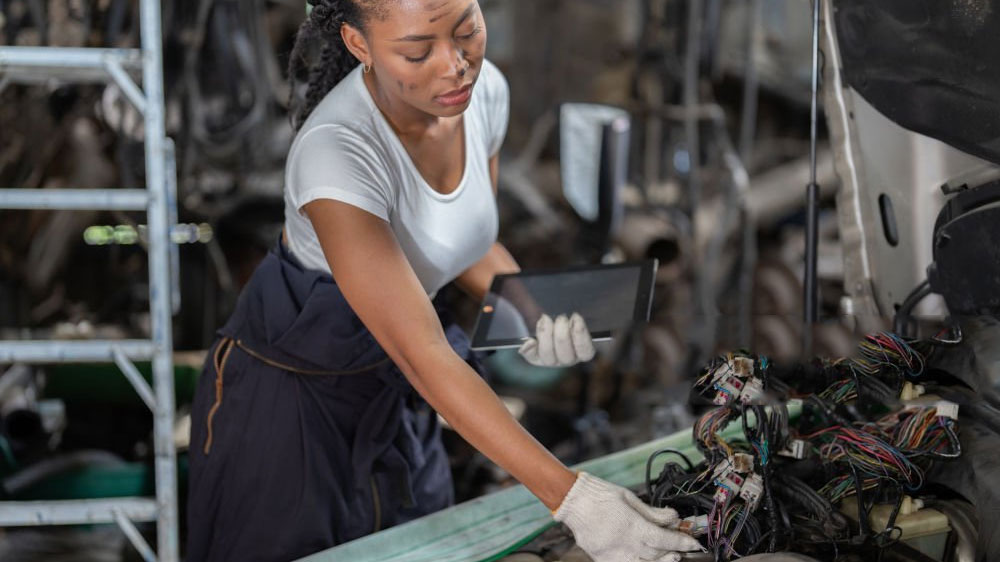
The rainy season can expose your car’s electrical system to moisture, which can lead to corrosion, short circuits, and even complete failure. Here are some steps you can take to safeguard your car’s electrical components:
- Visual Inspection: Regularly check for any signs of water damage around electrical components like the fuse box and under the hood. Look for water stains, corrosion, or loose connections.
- Airflow Management: After driving through heavy rain or washing your car, open the hood and allow the engine compartment to dry thoroughly. This helps prevent moisture build-up that can damage electrical components.
- Sealant Application: Consider applying a silicone-based sealant to areas around electrical connectors and wiring harnesses that might be susceptible to water ingress. However, it’s crucial to consult a mechanic before applying any sealant to ensure it won’t interfere with the proper functioning of electrical components.
Conclusion on Tips for maintaining your vehicle in the rainy season

Also Read: Benefits of a Foreign-used car in Kenya
- How to prepare your car for the summer season
- Process of test-driving a car at the dealership
- 10 Budget Friendly Cars to Buy in Kenya This Easter 2024 With 1 Million Budget
By following these tips, you can significantly reduce the risk of water damage to your car’s electrical system during the rainy season. Remember, even minor water leaks can cause significant problems down the road, so early detection and preventative measures are key.
Get in touch with us to start your car ownership journey. Give us a call on 0715 400 709, WhatsApp us, or write us an E-mail at info@houseofcars.co.ke. Additionally, You can also visit our offices at Silverpool Office Suites, Hurlingham, Jabavu Lane, Nairobi. Finally, For any assistance, we are also social. Just contact us on Facebook, Twitter, Instagram, Tiktok, or YouTube and we’ll assist you.
